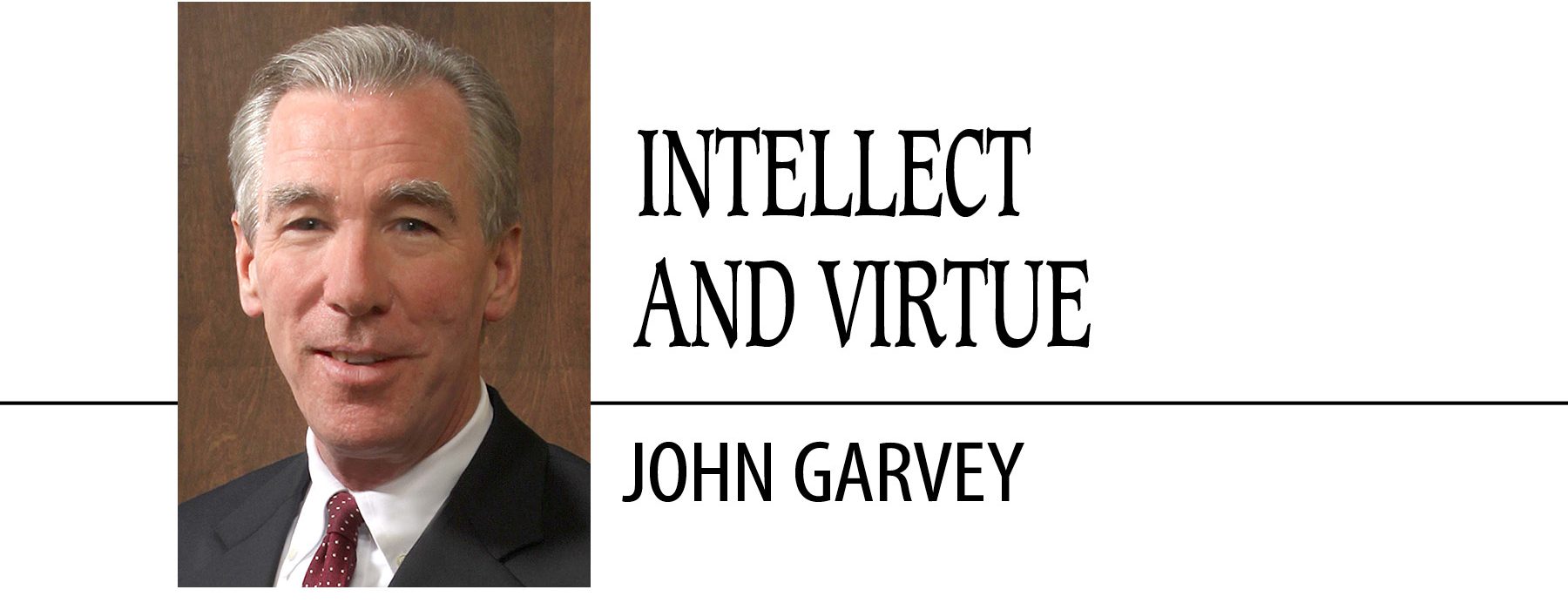December 21, 2021 // Perspective
Government by executive
Perhaps the most pernicious side effect of the recent pandemic has been the substitution of executive action for democratic processes of government.
We might have expected a certain amount of this when COVID-19 first arrived and the situation seemed to call for immediate action. But it has been almost two years.
During the Trump administration, the federal government left most decisions, apart from the development of vaccines, in the hands of state and local officials.
Mayors in New York, San Francisco and elsewhere issued quarantine orders, closed businesses, ordered people to wear masks, imposed rules about social distancing, and in time imposed vaccine mandates.
Governors were equally active. The New York state legislature gave then-Gov. Andrew Cuomo emergency authority to issue any directive necessary to deal with the pandemic.
Cuomo used this authority to decide everything from the size of weddings to the type of air filters installed in shopping malls. He ordered nursing homes to accept COVID-19 patients from hospitals, and thousands of them died.
This fall, President Joe Biden got into the act. He announced in September that the Occupational Safety and Health Administration would make a rule for employers of 100 or more. Their employees would have to be vaccinated or submit to weekly testing.
By executive order he made similar rules for federal employees and federal contractors. Together the directives cover two-thirds of the country’s workforce.
Some people (not many) have objected to the president’s actions because they still think the vaccines are unsafe. There isn’t much evidence to support that concern, now that we’ve administered hundreds of millions of shots.
The Senate voted this month to repeal the OSHA mandate not because it opposes vaccinations, but because it thinks they should be voluntary.
Sen. John Barrasso (R-Wyo.) put it succinctly: “I’m pro-vaccine, but I’m anti-mandate.” This approach shows a decent respect for people whose health concerns or religious scruples lie outside the mainstream.
The courts have had a different reservation. The 5th Circuit stayed enforcement of the OSHA rule in November, and a federal district court recently enjoined the executive order for federal contractors, because Congress had not by law authorized the executive branch to take those actions. The principle at stake here is the separation of powers.
Democracy is first and foremost a process for making rules, not a plan for what the rules should be.
Article 1 of the federal Constitution begins with the words, “All legislative (i.e., lawmaking) powers herein granted shall be vested in … Congress.” It then goes on to specify how the lawmaking process shall work — the House, the Senate, elections, sessions, quorum, bills and resolutions.
The president can’t make laws. He executes the laws that Congress makes. The division of authority between them is related to the structure and processes that define the two branches.
The members of the houses of Congress represent hundreds of different demographic and political constituencies. Getting them to agree on a law is hard, and it’s supposed to be.
When a bill has successfully run this gauntlet, the chances are good that it will show a decent respect for people whose concerns lie outside the mainstream.
A first-term president has no constraint other than the desire to be reelected in four years. Once he’s in office, the power to make laws would make him not very different from the king the framers revolted against.
Our current political divisions make it hard to come to agreement on plans to serve the common good. That increases the temptation for presidents (of both parties) and governors and mayors to play Caesar.
It would be good if our legislatures, whatever other disagreements divide them, could at least agree on protecting the essential role they are assigned to play in a democracy.
Garvey is president of The Catholic University of America in Washington.
The best news. Delivered to your inbox.
Subscribe to our mailing list today.






